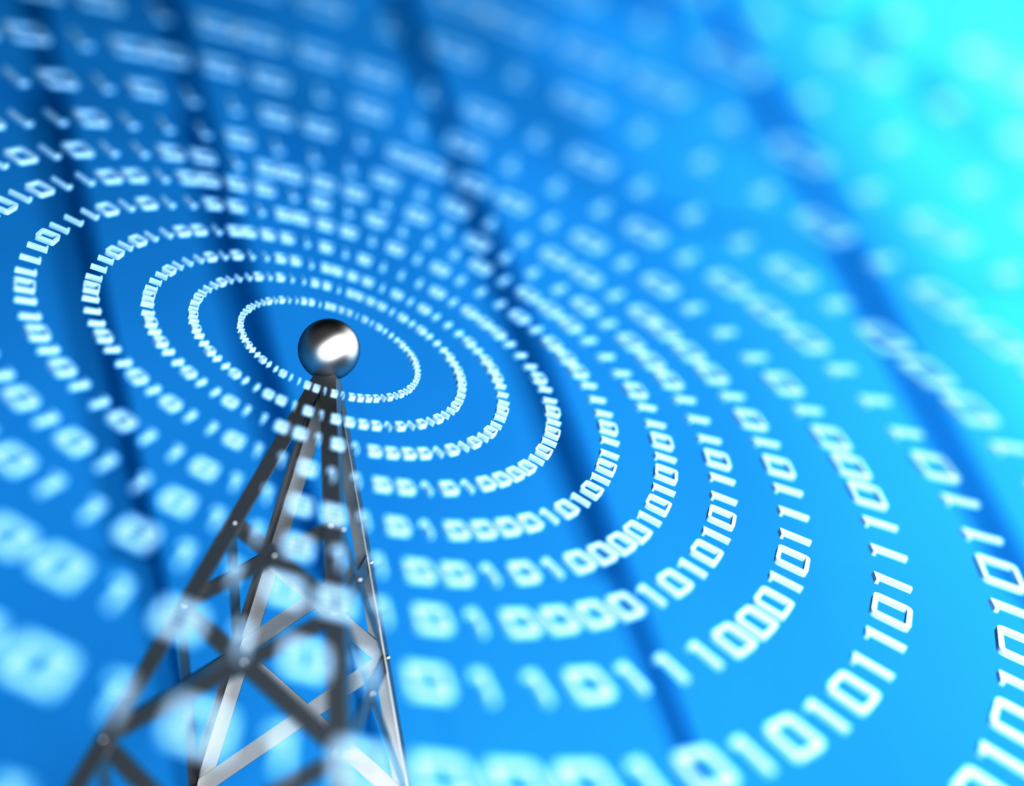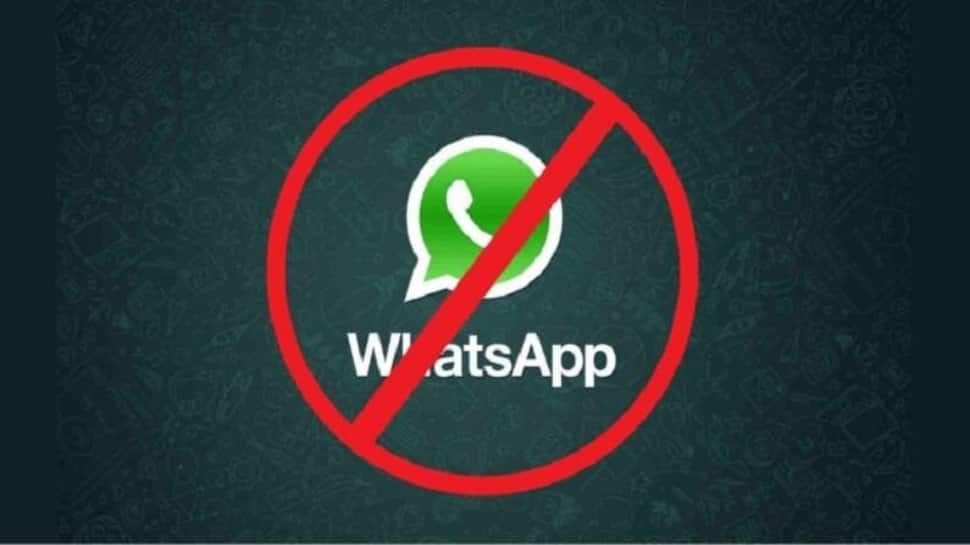
Technology refers to the application of scientific knowledge for practical purposes. It encompasses a wide range of tools, systems, techniques, and devices that are designed to solve problems, improve efficiency, and enhance our lives. Technology can be found in every aspect of modern society, from communication and transportation to healthcare and entertainment.
Some key areas of technology include:
- Information Technology (IT): This includes computer systems, networks, software, and databases that allow for the storage, retrieval, and processing of data.
- Communication Technology: This includes technologies such as smartphones, the internet, social media, and telecommunications systems that enable people to communicate with each other.
- Biotechnology: This field uses biological systems and organisms to develop products and technologies that improve our lives, such as genetically modified crops and medical treatments.
- Robotics and Artificial Intelligence (AI): These technologies involve the development of machines and software that can perform tasks that typically require human intelligence, such as problem-solving, learning, and decision-making.
- Green Technology: Also known as clean technology, this field focuses on developing environmentally friendly solutions to reduce the impact of human activities on the planet, such as renewable energy sources and sustainable manufacturing practices.
Overall, technology plays a crucial role in shaping our world and driving progress in various fields. It continues to evolve rapidly, creating new opportunities and challenges for society.








